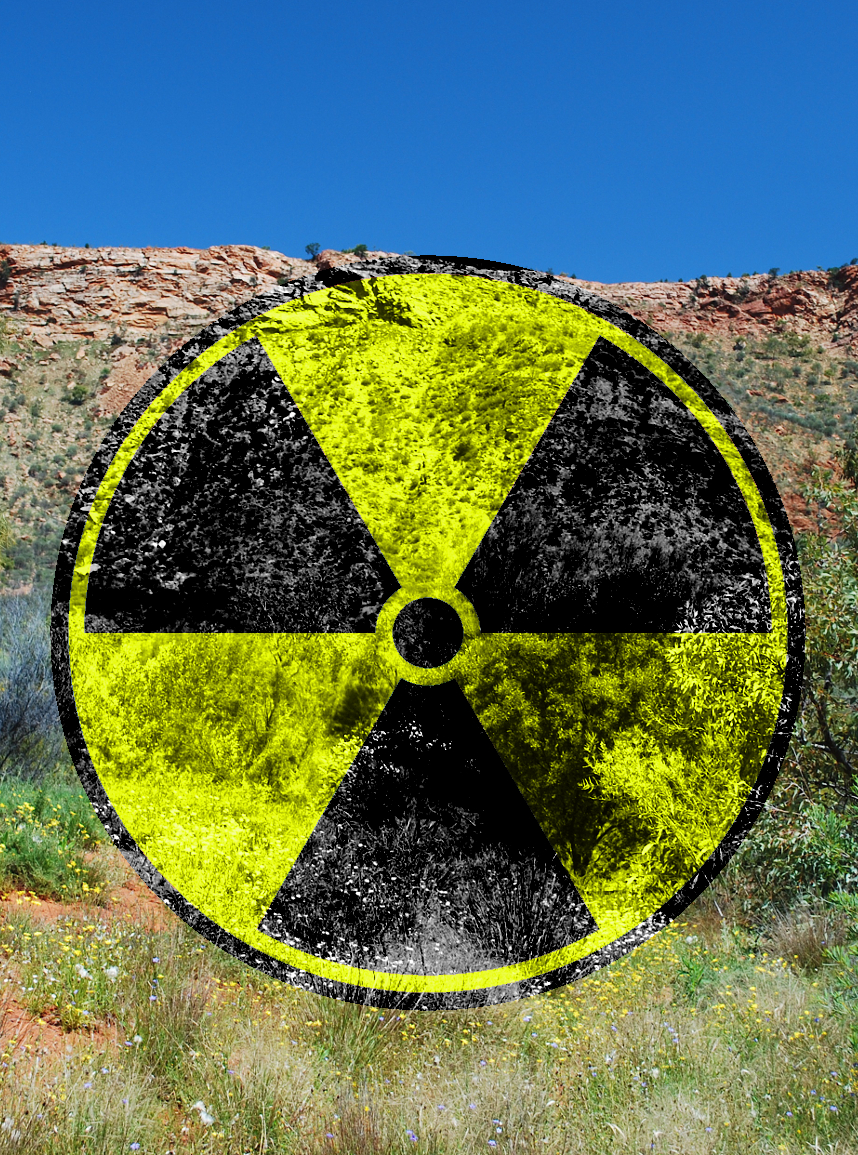ERA seeks extension
 Energy Resources of Australia (ERA) is fighting for the extension of its lease at the Jabiluka uranium deposit in the Northern Territory.
Energy Resources of Australia (ERA) is fighting for the extension of its lease at the Jabiluka uranium deposit in the Northern Territory.
The bid is opposed by the Mirarr people, the traditional owners of the lands that include the Kakadu National Park, which the Jabiluka project sits within.
ERA, backed by mining giant Rio Tinto, seeks a 10-year lease renewal, a move that has intensified tensions with the Mirarr, represented by the Gundjeihmi Aboriginal Corporation.
The application, submitted to the Northern Territory government, has been criticised by the Mirarr, who have long opposed uranium mining on their ancestral land.
The lease, set to expire in August, includes a provision that allows the Mirarr to veto mining operations, a right they have exercised since 2005.
Brad Welsh, ERA's chief executive, argues that the lease extension aligns with the best interests of the Mirarr, suggesting it would safeguard their cultural heritage.
However, this stance is opposed by the Mirarr, who, according to traditional owner Corben Mudjandi, see ERA's focus as misplaced.
Mudjandi says the traditional owners are concerned about the issue of rehabilitating the nearby Ranger uranium mine, which ceased operations in 2021, suggesting ERA's priorities are misaligned with those of the Mirarr.
While ERA insists that renewing the lease is crucial for maintaining the Mirarr's veto power and thus protecting the site, the Mirarr and their advocates call for federal protection of the area's cultural heritage.
They argue that the best way to preserve the site is to incorporate it into the Kakadu National Park.
Rio Tinto, owning a majority stake in ERA, has expressed support for the Mirarr's opposition to mining at Jabiluka, emphasising its commitment to respecting their wishes and the broader aim of environmental protection.








 Print
Print